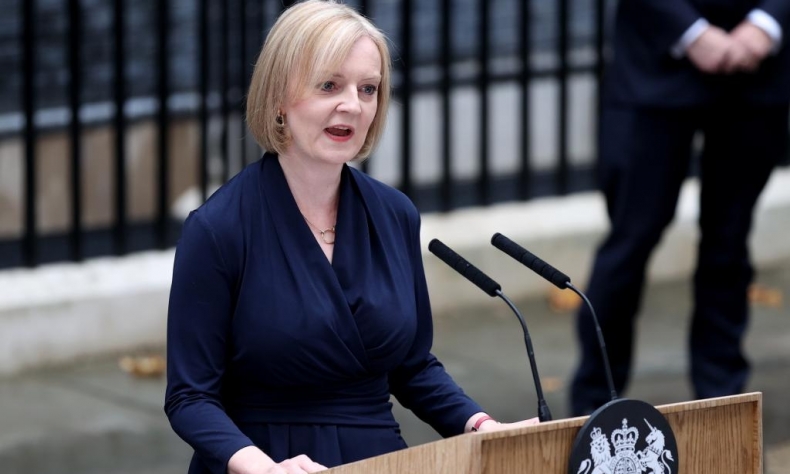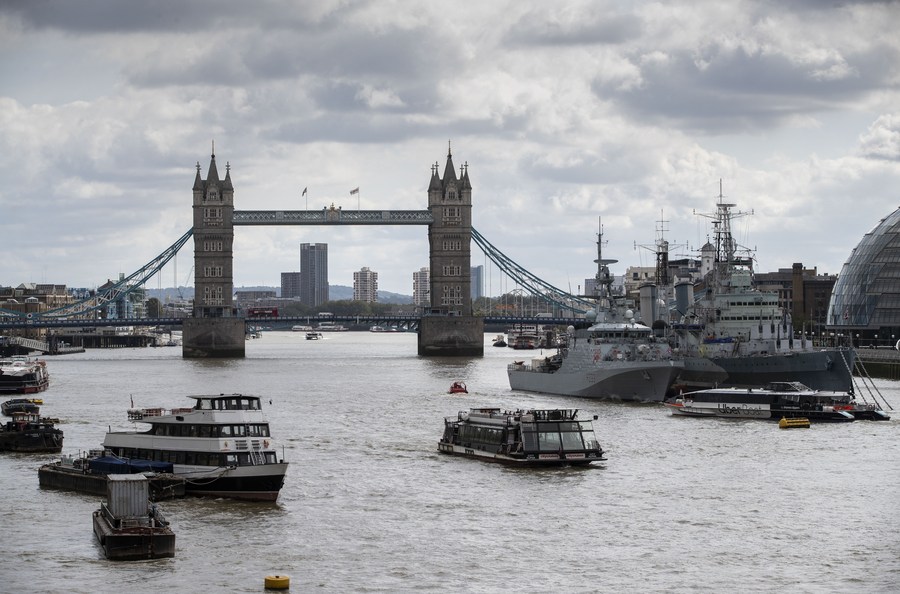Truss’s Tenure Begins with a Storm of Challenges

Falling incomes, surging power bills, and economic stagnation all beset the United Kingdom, yet rhetoric is the least effective for addressing poor economic performance, creating jobs, or bringing inflation under control.
Liz Truss, was confirmed as the new leader of the Conservative Party and Prime Minister of the United Kingdom.
However, her tenure as prime minister is getting off to an uneasy start, given the storm of challenges ahead.
The U.K.’s economy is in contraction. Inflation is soaring, with economists predicting that it will reach 18-23% by next year, while energy bills are skyrocketing as a consequence of the impact of the Ukraine conflict on energy markets. Truss vows to place a cap on electricity bill prices over winter, but that might not be as effective as hoped.
She also faces the dilemma of having been elected only by the Conservative Party membership, a majority of who decided not to even vote in the election. She is also largely unpopular among the British public, and paradoxically so, even less popular than Boris Johnson, her scandal-addled predecessor.
The United Kingdom has already experienced well over a “lost decade” with its GDP continuing to be smaller than it was in 2007 in nominal terms. Since that first recession, the recovery of the British economy has been jiggered, sluggish, and inconsistent. This can be owed to an aggressive program of austerity by the David Cameron government (2010-2016), which through cuts and reduced incomes, slashed the money supply and led to booming inequality.

Since that time, the United Kingdom has experienced a myriad of other challenges. The first includes Brexit, which has had a diminishing impact on services, the labor market, and supply chains. The second involves Boris Johnson’s government’s chaotic approach to COVID-19, which was reactionary, populist, and short-sighted, leading to up to 200,000 deaths and, in 2020, the worst economic decline of any country in G7. In turn, it has taken two years for the U.K. to return to its pre-pandemic size, only then to fall into contraction again.
As much as Truss touts Britain’s rebirth, she is in fact inheriting a nation in decline. She also believes she can resolve the economic situation simply by making tax cuts, but this only continues to benefit the wealthiest in society above the poorest.
As such, there is little indication that any of Truss’s rhetoric will solve the U.K.’s mounting problems, which are not simply a symptom of the Ukraine crisis, but structural and long embedded.
One would assume that these looming economic difficulties would make Liz Truss more pragmatic in her foreign policy, especially when it comes to China, which is now the U.K.’s third-largest trading partner, second-largest import market, and sixth-largest export market.
Truss has frequently spoken of a “global Britain” and “making Britain more competitive” for investment and business around the world. However, such a vision does not complement the country’s unfavorable realities.
Falling incomes, surging power bills, and economic stagnation all beset the United Kingdom, yet rhetoric is the least effective for addressing poor economic performance, creating jobs, or bringing inflation under control.
The value of the Sino-U.K. relationship is based on reason and national interest. Rational and wise decisions are in need so as to avoid risking isolating the U.K. further on the global stage.
 Facebook
Facebook
 Twitter
Twitter
 Linkedin
Linkedin
 Google +
Google +







